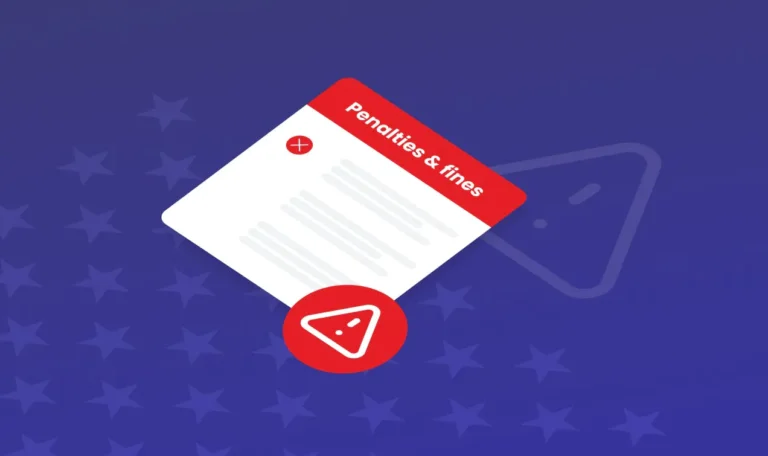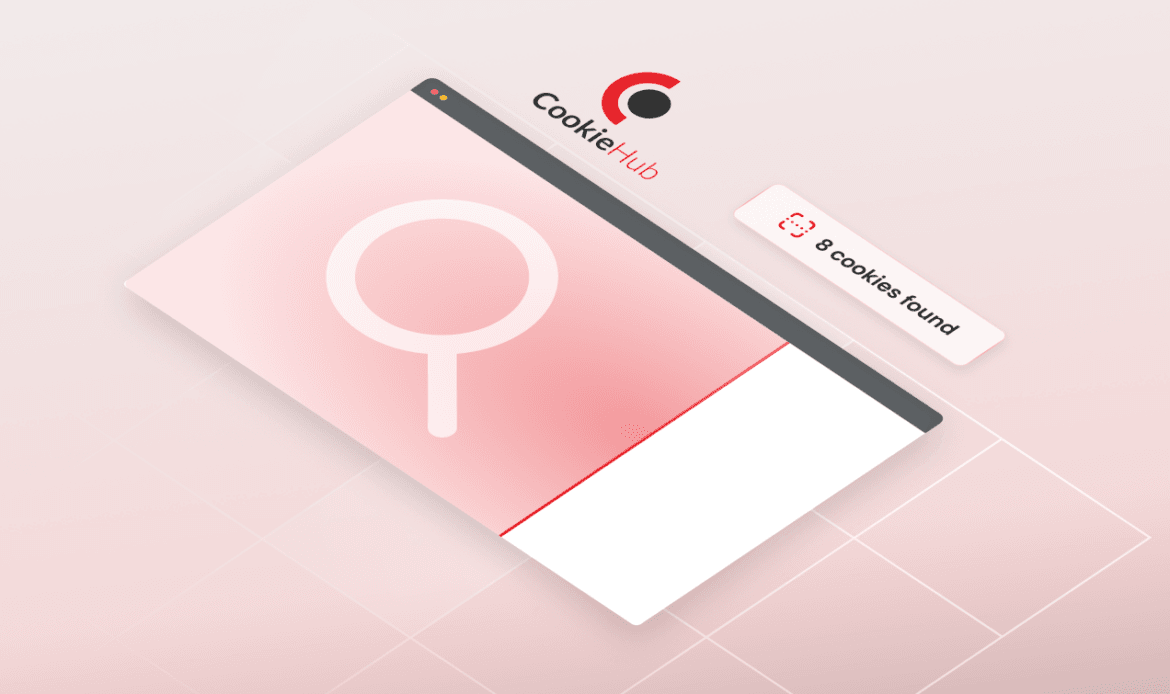Las cookies son pequeños archivos de texto que los sitios web almacenan en el dispositivo de un usuario para mejorar la experiencia de navegación y recopilar información sobre las interacciones del usuario. Desempeñan un papel fundamental en la funcionalidad web, ya que permiten funciones como recordar los datos de inicio de sesión, preservar el contenido del carrito de la compra y ofrecer contenido personalizado.
Tipos de cookies
Las cookies se pueden clasificar en función de su origen y finalidad:
- Cookies de origen: Establecidas por el sitio web que el usuario está visitando actualmente, estas cookies rastrean el comportamiento dentro de ese dominio específico. Ayudan a recordar las preferencias del usuario, como los detalles de inicio de sesión y la configuración del idioma, mejorando así la experiencia del usuario. Por ejemplo, un sitio de comercio electrónico utiliza cookies de origen para mantener los artículos en el carrito de compras de un usuario mientras navega por el sitio.
- Cookies de terceros: Estas cookies, que proceden de dominios distintos del que el usuario está visitando, se utilizan principalmente con fines de seguimiento. Permiten a terceros, a menudo anunciantes o servicios de análisis, monitorear la actividad del usuario en múltiples sitios web. Este seguimiento permite la entrega de anuncios dirigidos basados en el historial de navegación de un usuario.
Obtenga más información en nuestra publicación de blog sobre cookies propias y de terceros.
Categorías funcionales de cookies
Más allá de su origen, las cookies también se clasifican en función de su funcionalidad:
- Cookies necesarias: Esenciales para el funcionamiento básico de un sitio web, estas cookies facilitan funcionalidades básicas como la autenticación del usuario y el mantenimiento de los estados de sesión. Sin ellos, es posible que ciertos servicios del sitio web no funcionen correctamente.
- Cookies analíticas: También conocidas como cookies de rendimiento, recopilan información sobre cómo interactúan los usuarios con un sitio web. Estos datos ayudan a los propietarios de sitios web a comprender el comportamiento de los usuarios, identificar problemas y mejorar el rendimiento del sitio. Por ejemplo, Google Analytics utiliza estas cookies para proporcionar información sobre el tráfico del sitio web y la participación de los usuarios.
- Cookies de marketing:Cookies de marketing: Estas cookies, que se utilizan para rastrear a los usuarios en los sitios web, permiten a los anunciantes ofrecer anuncios relevantes y atractivos. Ayudan a crear perfiles de usuario basados en los hábitos de navegación, lo que facilita campañas de marketing dirigidas.
Obtenga más información sobre los tipos de cookies que se pueden encontrar en los sitios web.

El papel de las cookies de seguimiento
Las cookies de seguimiento, a menudo de naturaleza de terceros, monitorean las actividades en línea de un usuario para recopilar datos sobre hábitos e intereses de navegación. Esta información es invaluable para los especialistas en marketing que buscan ofrecer anuncios personalizados. Sin embargo, el uso de cookies de seguimiento ha generado preocupaciones sobre la privacidad, lo que ha llevado a regulaciones que requieren el consentimiento del usuario antes de su implementación. Explore esto en detalle en nuestra publicación de blog sobre cookies de seguimiento.
Consideraciones legales y banners de cookies
Con las crecientes preocupaciones sobre la privacidad, regulaciones como el Reglamento General de Protección de Datos (GDPR) en Europa y la Ley de Privacidad del Consumidor de California (CCPA) en los EE. UU. exigen que los sitios web informen a los usuarios sobre las prácticas de recopilación de datos y obtengan el consentimiento para ciertos tipos de cookies. Este requisito ha llevado a la implementación generalizada de banners de cookies, notificaciones que aparecen cuando un usuario visita un sitio por primera vez, informándole sobre el uso de cookies y solicitando su consentimiento. Obtenga más información en nuestra publicación de blog sobre banners de cookies.

¿Cumples con las normas?
Nuestra herramienta completamente gratuita generará una lista detallada de todas las cookies actualmente en uso, junto con información valiosa sobre su propósito.
Gestión de cookies con plataformas de gestión de consentimiento
Para navegar por las complejidades del cumplimiento de las cookies, muchos propietarios de sitios web utilizan plataformas de gestión de consentimiento (CMP) como CookieHub. Estas plataformas proporcionan herramientas para crear y administrar banners de consentimiento de cookies, categorizar las cookies y recopilar consentimientos de los usuarios, lo que garantiza el cumplimiento de las regulaciones de privacidad de datos. Al ofrecer a los usuarios opciones claras con respecto al uso de cookies, las CMP ayudan a generar confianza y mantener la transparencia.

Conclusión
Las cookies son parte integral de la experiencia web moderna, facilitando la funcionalidad y la personalización. Sin embargo, su uso, especialmente con fines de seguimiento, requiere una cuidadosa consideración de las implicaciones de privacidad y los requisitos legales. La implementación de políticas claras de cookies y la obtención del consentimiento del usuario son pasos esenciales para mantener el cumplimiento y fomentar la confianza del usuario.
Simplifique el cumplimiento de las cookies con CookieHub
Con las herramientas de CookieHub, crear y mantener una política de cookies nunca ha sido tan fácil. Nuestro escáner de cookies identifica las cookies en uso en su sitio, genera una política de cookies personalizada y la mantiene actualizada. Además, la plataforma de gestión del consentimiento personalizable de CookieHub proporciona una forma fácil de gestionar el consentimiento, mejorando tanto el cumplimiento como la experiencia del usuario.
¿Listo para agilizar el cumplimiento de las cookies? Pruebe nuestro escáner de cookies hoy mismo y cree una política de cookies que garantice que su sitio web sea transparente, fácil de usar y cumpla con las normas.
Escáner de cookies
CookieHub escanea automáticamente su sitio web para detectar cookies, lo que garantiza que todas las cookies se administren fácilmente.
Escalabilidad
Manténgase en el lado correcto de las leyes de privacidad de datos del mundo de manera confiable y rentable con CookieHub.
Para obtener más información sobre nuestras soluciones de gestión del consentimiento, puede ponerse en contacto con nosotros aquí.
